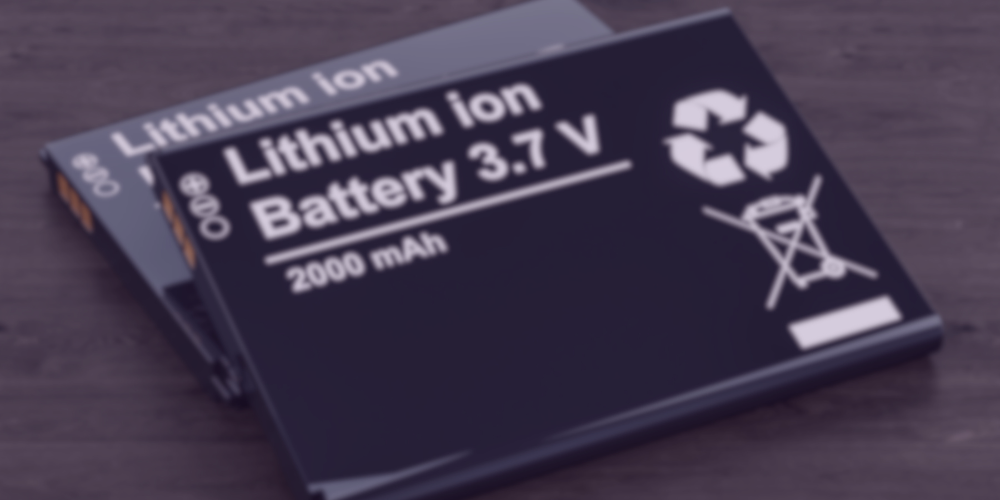May is National Electrical Safety Month, and the ReMA Safety Team is pulling together information and resources to keep you, your family and your employees safe when using electrical equipment. While electric hazards are not the leading cause of on-the-job injuries, they are disproportionately fatal compared to other types of hazards. The key to preventing electrical accidents begin with a basic understanding of electrical safety.
Tips for reducing the risk of an electrical incident include:
- Check extension cords for broken insulation and exposed wires before plugging in.
- Only use extension cords for temporary power (generally no more than two consecutive weeks).
- Outlets around water sources, including kitchen, bathroom, and outdoors, must have a Ground Fault Circuit Interrupter (GFCI).
- All outlets and switches must have a cover plate to prevent incidental contact.
- Unplug appliances, such as toasters, hotplates, air fryers, etc. when not in use.
- Do not use multi-plug adapters.
ReMA has been involved in several national battery safety initiatives and is also co-sponsoring a lithium-ion battery safety campaign with the Electrical Safety Foundation (ESFI). The goal of the campaign is to educate the public on how to purchase, use, and recycle lithium-ion batteries safely. Highlights of some of the resources available include:
- How to Store and Charge Batteries – Tips on avoiding risk of fire and injury when charging everyday items powered by lithium-ion batteries.
- Damaged EV Battery – Automotive batteries (12v, hybrid, and EV batteries) pose a risk if not properly prepared and transported, using all necessary standard operating procedures. This page includes tips before vehicle collection, during vehicle collection and handling onsite and check ins.
- First Responder Safety – Takeaways cover lithium-ion uses, identifying a battery problem and tips for your community to avoid fires and injuries.
You can find information, resources, toolkits, and more on electrical safety by visiting the ESFI website.










